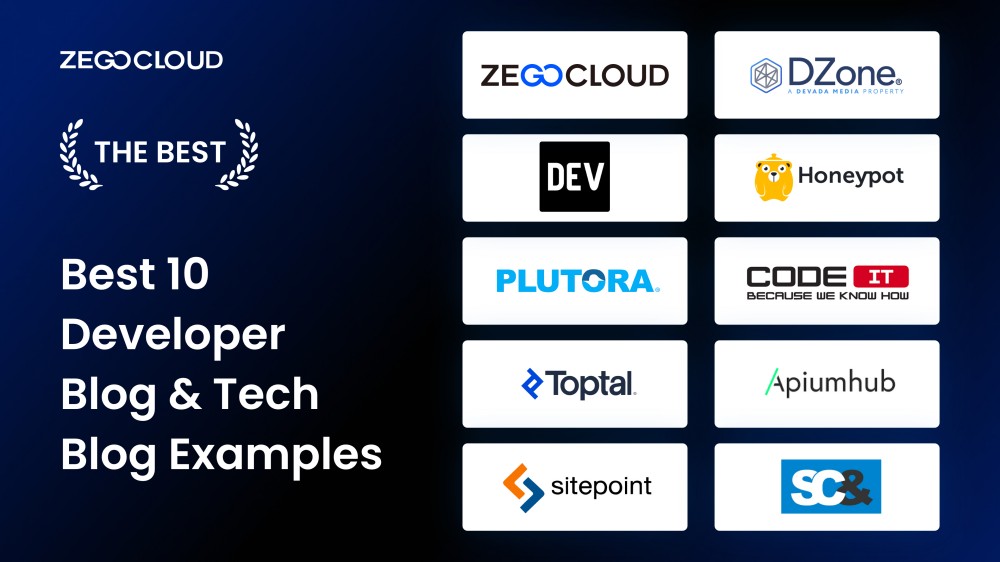How Blockchain Modern Technology Is Revolutionizing Information Safety And Security
Blockchain technology is fundamentally changing the landscape of information protection by introducing a decentralized structure that assures boosted openness and durability. Unlike standard systems, which count on central information repositories, blockchain distributes information throughout a network, reducing susceptabilities and solitary points of failure. The usage of innovative cryptographic strategies ensures that information stays tamper-proof, promoting trust amongst stakeholders and customers. As markets quickly adjust to this modern technology, concerns occur regarding its wider effect and potential obstacles. What effects does this shift hold for future information defense methods and regulative frameworks? The responses may stun you (Best tech blog).
The Basics of Blockchain
Blockchain technology, an innovative principle in digital data administration, essentially changes just how information is stored and protected. At its core, a blockchain is a dispersed journal that videotapes transactions across a network of computers, guaranteeing openness and immutability.
Secret to recognizing blockchain is the hashing procedure, which secures purchase information into a distinct alphanumeric code. This cryptographic function makes sure that any kind of change in the purchase information causes an entirely various hash, thereby safeguarding versus meddling. The consensus device, an additional crucial component, verifies and validates brand-new purchases via a network of nodes, thereby eliminating the demand for a central authority.
In addition, blockchain's append-only structure guarantees that data, once included, can not be removed or modified. This characteristic warranties a irreversible and proven record of transactions, promoting trust fund amongst participants. Therefore, blockchain provides a durable framework for information honesty, using markets a trusted technique for tracking and handling digital information in a safe and secure, clear manner.
Decentralization and Security
Decentralization, a core concept of blockchain modern technology, substantially improves information protection by distributing control throughout a network rather than depending on a single, centralized entity. By distributing data throughout numerous nodes, blockchain makes sure that also if one node is compromised, the whole network continues to be safe and secure.

Each participant in the network has access to the entire blockchain, permitting them to confirm and audit purchases separately. In general, decentralization is instrumental in improving information safety and security in blockchain networks.

Cryptographic Techniques
At the heart of blockchain innovation, cryptographic methods play an essential role in protecting information, guaranteeing both confidentiality and stability. These techniques are foundational to the blockchain's ability to firmly videotape deals in a decentralized fashion. Cryptography in blockchain utilizes a mix of crooked and symmetrical formulas to secure information, making it obtainable just to accredited parties - Best tech blog. Public and personal vital sets are central to this procedure, permitting protected verification and identity verification without disclosing sensitive details.
Hash features are one more essential element, transforming input data into a fixed-size string of characters, properly producing an unique electronic fingerprint for each and every block. This makes certain that any attempt to modify the data will certainly cause a completely different hash, thus preserving the immutability of the blockchain. Digital trademarks verify the credibility and integrity of purchases, giving a layer of non-repudiation.
The decentralized nature of blockchain, incorporated with durable cryptographic techniques, removes the demand for middlemans, minimizing potential vulnerabilities. As blockchain modern technology evolves, advancements in cryptography such as zero-knowledge proofs and homomorphic file encryption remain to boost protection steps, better fortifying data security in blog this cutting edge digital ledger system.
Usage Instances Across Industries

In the medical care sector, blockchain guarantees the protected storage space and sharing of client records, advertising interoperability while protecting delicate information from unapproved accessibility. This technology equips individuals with control over their clinical history and assists in seamless sychronisation among healthcare suppliers.
Supply chain monitoring advantages substantially from blockchain's unalterable ledger, which guarantees traceability and credibility of products from beginning to consumer. By boosting openness, blockchain helps mitigate concerns such as counterfeiting and underhanded sourcing.
In addition, blockchain's decentralized nature is improving the energy industry by enabling peer-to-peer energy trading, where customers can get and sell excess sustainable energy straight. This promotes a more effective and sustainable energy environment.
In the world of copyright, blockchain offers a tamper-proof platform for makers to sign up and safeguard their jobs, guaranteeing rightful attribution and fair payment. These varied use cases highlight blockchain's role as an essential pressure in redefining data protection throughout markets.
Future of Data Defense
As we seek to go to the website the future of information security, blockchain technology is poised to play a pivotal duty in safeguarding digital info. With its decentralized and unalterable characteristics, blockchain offers a durable structure for securing delicate information versus unapproved gain access to and cyber dangers. This innovation guarantees that once information is videotaped, it is almost difficult to alter without discovery, thus offering a considerable benefit over conventional information storage space approaches.
The integration of blockchain with other advanced technologies, such as fabricated intelligence and the Web of Points (IoT), is expected to enhance information protection approaches even more. By leveraging clever contracts, organizations can enforce and automate safety procedures, decreasing human mistake and increasing performance. In addition, blockchain's capacity to supply deducible and transparent deals will boost trust fund and responsibility in information administration practices.
As regulatory landscapes advance, blockchain's compliance-friendly nature will end up being increasingly relevant. It can help companies meet stringent information security laws, such as the General Data Protection Law (GDPR) and the California Customer Personal Privacy Act (CCPA), by offering verifiable documents of information handling activities. Eventually, blockchain's one-of-a-kind qualities placement it as a transformative device in the recurring pursuit to safeguard the electronic globe against ever-evolving cyber threats.
Conclusion
Blockchain technology stands for a paradigm change in information safety by leveraging decentralization and cryptographic techniques to boost openness, trust, and data stability. As cyber threats evolve, blockchain arises as a vital tool for durable data security throughout numerous sectors.
Blockchain technology is basically changing the landscape of information security by presenting a decentralized framework that guarantees improved transparency and durability. Unlike typical systems, which count on central data repositories, blockchain disperses information throughout a network, lessening vulnerabilities and single factors of failing.Decentralization, a core principle of blockchain innovation, significantly enhances information protection by dispersing control across a network instead than counting on a single, centralized entity.At the heart of blockchain innovation, cryptographic strategies play a critical duty in safeguarding data, making certain both privacy and integrity.Blockchain see this here technology represents a paradigm change in information protection by leveraging decentralization and cryptographic methods to enhance openness, count on, and information honesty.